Quality Rating 3: Implementation
Instructions
To meet the requirements for Developmentally Appropriate Learning and Practice: Implementation: DAP 6.3 (School-Age Only: DAP 5.3), your documentation should include:
- Daily schedule with:
- Opportunities for children to participate in whole group, small group, and individual learning experiences
- Time to engage in literacy and reading activities
- Time to transition between activities
- A recent lesson plan for each age group of children in your program. Your lesson plan should be dated and used within the past 6 months.
Daily Schedule and Recent Lesson Plan (within the last 6 months)
Consistent schedules and routines help children feel safe in environments that are predictable. Children can move through their day with confidence knowing their needs will be met and they will have many opportunities to play and learn, rest and relax, and be with others.
Learn tips for creating an effective daily schedule and planning for transitions in Enrichment Resources.
What does the documentation look like?
Like children, no two programs follow the exact same schedule with the same activities and routines. But, all quality programs follow schedules and routines that meet the individual needs of children and include key elements like:
- Domain-based Activities that encourage social, emotional, intellectual, and physical development
- Activities that match the children’s individual ages, developmental levels, and needs
- A balance of active and quiet periods
- Time to transition between activities
- A balance of child-initiated and adult-directed activities
- A balance of whole group, small group, and individual activities
- Connections to a child’s Individualized Family Service Plan (IFSP) or Individualized Education Program (IEP) as appropriate
- Opportunities to participate in literacy and reading activities



